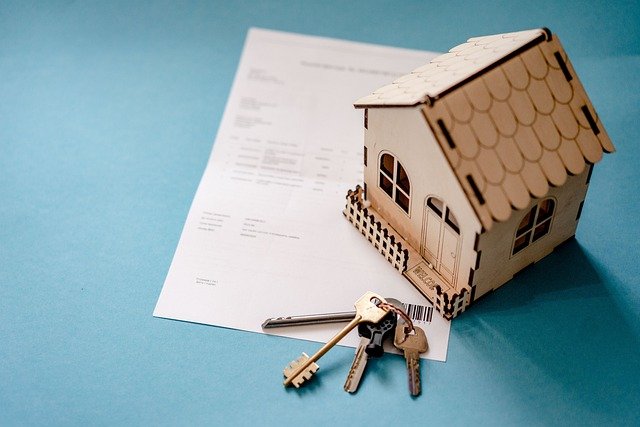Thinking About a Rent-to-Own Home? Here’s What You Should Know First
Rent-to-own housing can offer a flexible path toward homeownership — but it's not for everyone. Learn how these agreements work, what to watch out for, and what to consider before signing a contract. This guide covers the essentials to help you decide with confidence.

What exactly is a rent-to-own home?
A rent-to-own home is a property that allows you to rent with the option to buy at a later date. This arrangement typically involves a standard lease agreement coupled with an option to purchase the home within a specified timeframe, usually 1-5 years. During this period, you live in the home as a tenant while a portion of your monthly payments may go towards the future purchase of the property.
How does the rent-to-own process work?
The rent-to-own process begins with a contract that outlines the terms of your agreement. You’ll pay rent as usual, but a portion of each payment (known as a rent credit) is set aside towards your future down payment. At the end of the lease term, you have the option to buy the home using the accumulated rent credits and any additional funds you’ve saved. If you decide not to purchase, you can walk away, but you’ll forfeit the extra money you’ve paid.
What are the key terms in a rent-to-own contract?
Understanding the terminology in a rent-to-own contract is crucial. Key terms include:
-
Option fee: A non-refundable upfront payment for the right to buy the home later.
-
Purchase price: The agreed-upon price of the home, which may be set at the beginning or determined at the end of the lease.
-
Rent premium: The additional amount paid on top of the standard rent that goes towards your future purchase.
-
Maintenance responsibilities: Clarification on who handles repairs and upkeep during the lease period.
-
Option period: The timeframe in which you can exercise your right to buy the home.
Who should consider rent-to-own housing?
Rent-to-own can be a good fit for several types of potential homebuyers:
-
Those with less-than-perfect credit who need time to improve their score.
-
Individuals saving for a down payment but want to secure a property now.
-
People new to an area who want to try out a neighborhood before committing to purchase.
-
First-time homebuyers who aren’t quite ready for a mortgage but want to start building equity.
What are the pros and cons of rent-to-own agreements?
Rent-to-own agreements offer unique advantages and potential drawbacks in the UAE housing market. On the positive side, they provide a gradual transition to homeownership, allowing tenants to build equity while renting. This can be particularly beneficial in high-demand areas where property values are rising rapidly. Additionally, rent-to-own schemes in the UAE often come with more flexible credit requirements than traditional mortgages.
However, there are risks to consider. If property values decline, you may end up agreeing to pay more than the home’s worth. There’s also the possibility of losing your investment if you’re unable to secure financing at the end of the lease term. It’s crucial to thoroughly understand the contract terms and seek legal advice before entering into a rent-to-own agreement in the UAE.
What are the costs associated with rent-to-own homes?
Rent-to-own homes involve several cost components that potential buyers should be aware of:
| Cost Component | Description | Typical Range |
|---|---|---|
| Option Fee | Upfront payment for the right to buy | 1-5% of purchase price |
| Monthly Rent | Base rent plus premium | Market rate + 15-25% |
| Maintenance Costs | Varies by agreement | Often tenant responsibility |
| Purchase Price | Agreed price of the home | Set at contract signing or future market value |
Prices, rates, or cost estimates mentioned in this article are based on the latest available information but may change over time. Independent research is advised before making financial decisions.
When considering a rent-to-own home, it’s essential to factor in all these costs and compare them to traditional renting and buying options. The option fee and rent premium can add up to a significant amount over time, so it’s crucial to be confident in your ability to follow through with the purchase.
In conclusion, rent-to-own homes can offer a viable path to homeownership for those who need time to prepare for a mortgage. However, it’s a complex arrangement that requires careful consideration of the terms, costs, and potential risks involved. Before entering into a rent-to-own agreement, thoroughly research your options, understand your financial situation, and consult with legal and financial professionals to ensure it’s the right choice for your long-term homeownership goals.






